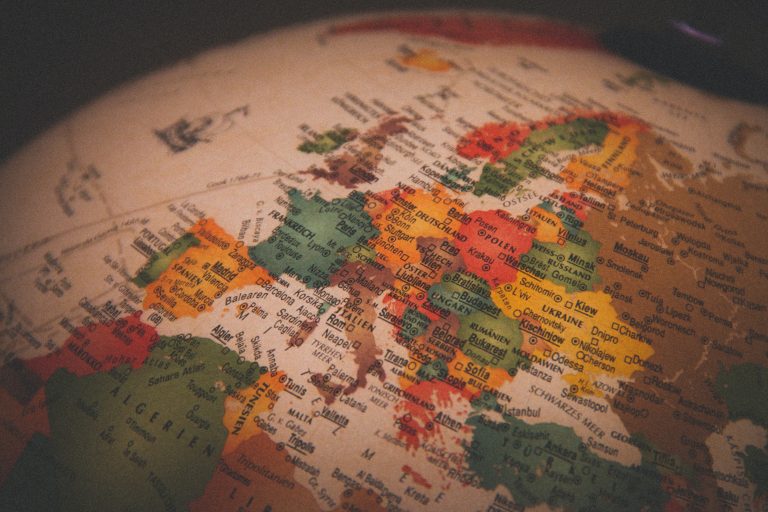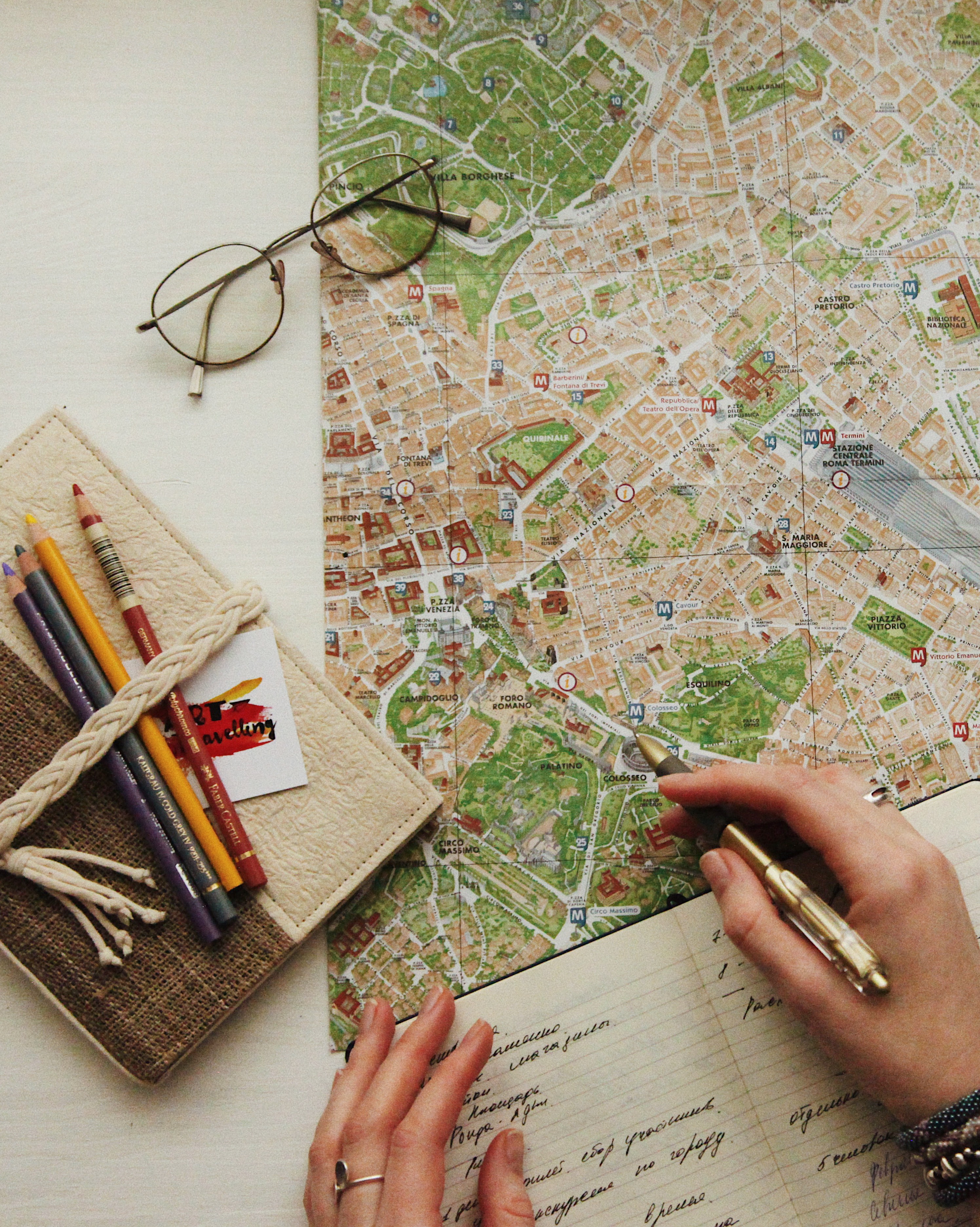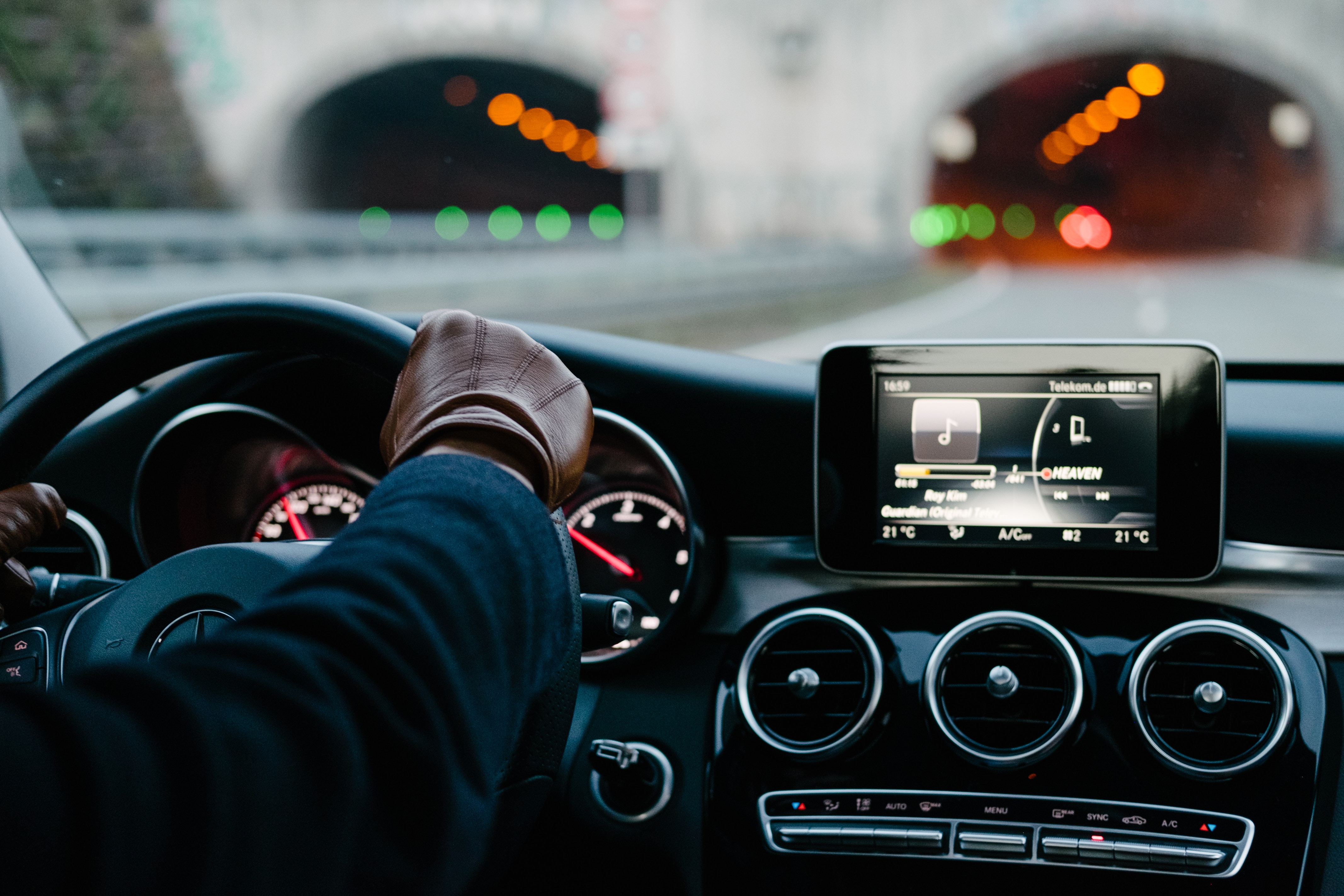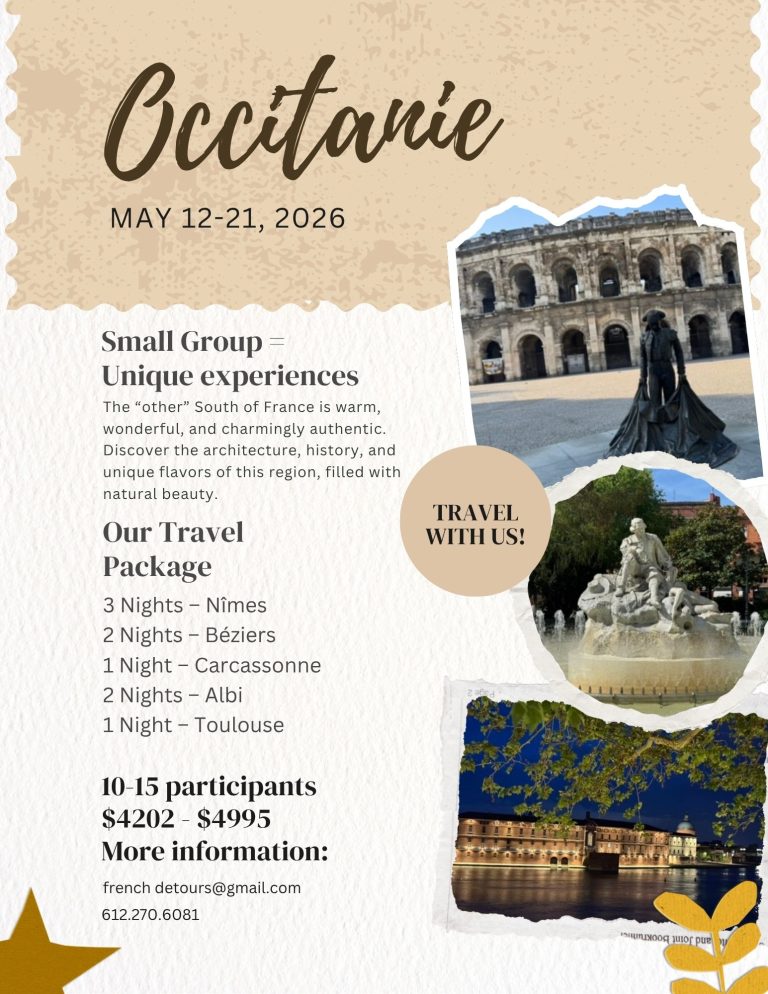



After some 30-40 trips abroad, I have learned a thing or two! These tips may just make your next trip the best one yet.
1. I want to see it all!
You are planning a trip abroad. You look at a map and think "Europe is so small and cute! Everything seems so close!" And with the ever-soaring price of international airline tickets, you think "as long as I am over here I might as well go to X, Y and Z countries as well". You are not wrong, but what starts out as a trip to see one specific place can easily turn into a dizzying multi-city, country-skipping, whirlwind adventure. Don't get me wrong, it can be great to do a "European overview" - perhaps as a Mediterranean cruise or a lovely guided tour to start. These types of trips give you a taste of where you want to spend more time.
The problem arises when we add on and on (and on) to our itineraries. The risk is that everything melts together and you don’t really get to appreciate anything in depth. I am totally guilty of this! Even when exploring a single country, or even a region, we tend to think, “but that other place I’ve always wanted to see is so close …” After racing around you can’t remember where you have been or why it was special.
My best advice: choose a small area to explore and see it in-depth. Hopefully there will be time for another trip to see something else, but at minimum you will really appreciate and enjoy what you do see.
2. The Over/Under
Everyone has their own travel style. Some prepare a detailed spread-sheet, with every day’s activities clearly scheduled by the hour. Others prefer to “wing it” and set off with no plan at all. While both plans have some advantages, there are disadvantages as well.
My best advice: have a list of ideas that are possible and plan to do about 1/2 of them. Put your “must dos” at the top of the list, and try not to be too attached to the rest of the list. Here’s why:
Overplanning: Bravo for your diligence, but you will likely be either disappointed or exhausted, or both! International travel is different than domestic travel and there are many factors that are beyond your control. For example, a strike can completely derail your plans, or there may be unexpected closures due to holidays or other circumstances. (My favorite is a handwritten sign in the window of a French business saying “Fermature exceptionnelle” , which means “We should be open, but we are not”. ) There can be a special festival or an influx of tourists that makes it difficult for you to get tickets for something you planned to do … or things can simply take longer than the time allotted. You end up frustrated and defeated. Best to have a loose agenda and know that you will need to adapt. (Oui, I learned this the hard way)

Underplanning: You are a free-spirit! Félicitations – you can live in the moment and discover wonderful things, but there is a pitfall as well. You may miss out on something really extraordinary, either because you didn’t know about it until you came back home, or because you needed to plan for tickets or transportation in advance. (I have also learned this the hard way!).

3. The Sleep thing …
Jet-lag is real. I once heard that it takes your body 1 day for every hour of time difference to really be in its natural rhythm. If that is the case, it will take at least the whole first week to adjust. We simply can’t appreciate the sites, food and atmosphere when we are absolutely exhausted. Fortunately there are things you can do to ease the transition.

My best advice:
- Sleep as much as you can on the plane. After they serve the first meal I move right into my “sleep ritual” – eye mask, lavender roller ball on my wrists and temples, and my soft piano music playlist. I used to drink wine with dinner, but it dehydrated me too much, so you have to gage if it is worth it.
- When you arrive at your destination, wander a bit and then take a 1-hour nap, but no more. Then try to go to bed on the new time zone.
- For the first 3 nights I usually take a natural sleep aid. By night 4 I can usually sleep all night with no help.
- Build in “rest” days. This is huge. We tend to want to overload our schedules to take in a maximum of sites, but you need a day here and there to simply sleep in, spend time at a cafe or park, or watch a movie. Your body will thank you! Not only will you avoid getting run-down (and potentially sick) but you will have renewed energy and attention for the next great experience! Listen to your body and respect its limits.
4. A word about rental cars …
Europe is known for its incredibly efficient public transportation, and I highly recommend you use it as much as possible. However, if you want to explore the small towns and villages, you will have to rent a car. This idea is often met with paralyzing fear. It doesn’t need to be. In all countries except Great Britain, driving is done on the same side of the road as in the US. With a few tips, it can be a pleasant experience! Remember, it is just keeping your car in a lane, just as you do here.

My best advice:
- Plan your public transportation first, inside and between large cities. Plan your excursions via rental car all at the same time, if possible. It will save on the rental cost and avoid driving in large cities.
- Take a look at road signs and specific country rules before you go.
- Get a GPS, or be sure your phone’s GPS will work in the car.
- Check with your auto insurance before you go to see what is covered. My travel insurance also covers any rental cars, and my credit card will handle disputes.
- Take a video of the car as well as photos of any damage you see when picking up the vehicle. I can’t stress the importance of this enough! I have been accused more than once of causing damage that was already on the car when I got it. If you have photos and videos with the date on it, you have the proof you need for any disputes. Europe is known for narrow roads and scratches are quite common.
5. Proud to be American – rightly so!
Being an Ambassador of the US is wonderful, but if you are expecting things to be the same as in the US, you will be disappointed, or at minimum not have the best experience you could have. If you are traveling internationally, it is because you are interested in seeing what else is out there, non?
Occasionally I hear people come back from Europe and complain at length about all of the things that were different. They are probably best suited for domestic travel.

My best advice:
- Learn a few phrases in the country’s language before you go. Just making a slight effort can foster much better experiences. A minimum of “please, thank you, hello and good-bye” can make all the difference!
- Observe and imitate. You don’t have to change who you are, but paying attention to the customs and habits of the people can help you relate to them, and them to you. For example, Americans are used to large open spaces, and in countries where everything is small, things like taking up less room on a crowded sidewalk and lowering voices can make people much more fond of tourists.
- Try local food and drink. Yes, you can find American food and chain restaurants throughout Europe, but going outside your comfort zone and trying new dishes enhances the experience and immerses you into the culture.
- Embrace the adventure. Open your mind and your heart to new and different experiences. You don’t have to love everything, but be open to the fact that what works in the US might not work best in other countries. Vive la différence! When you arrive with a sense of curiosity and wonder, you leave with beautiful memories.
“Travel is more than the seeing of sights; it is a change that goes on, deep and permanent, in the ideas of living.” – Miriam Beard
Bon Voyage!
The Latest Posts

Stay in Touch
Get Traci’s updates on recommendations for authentic French adventures.





